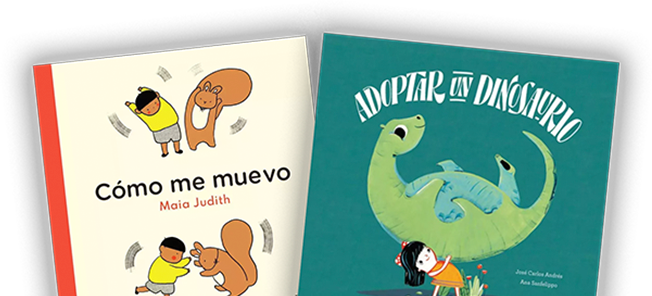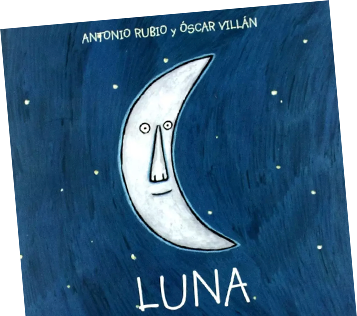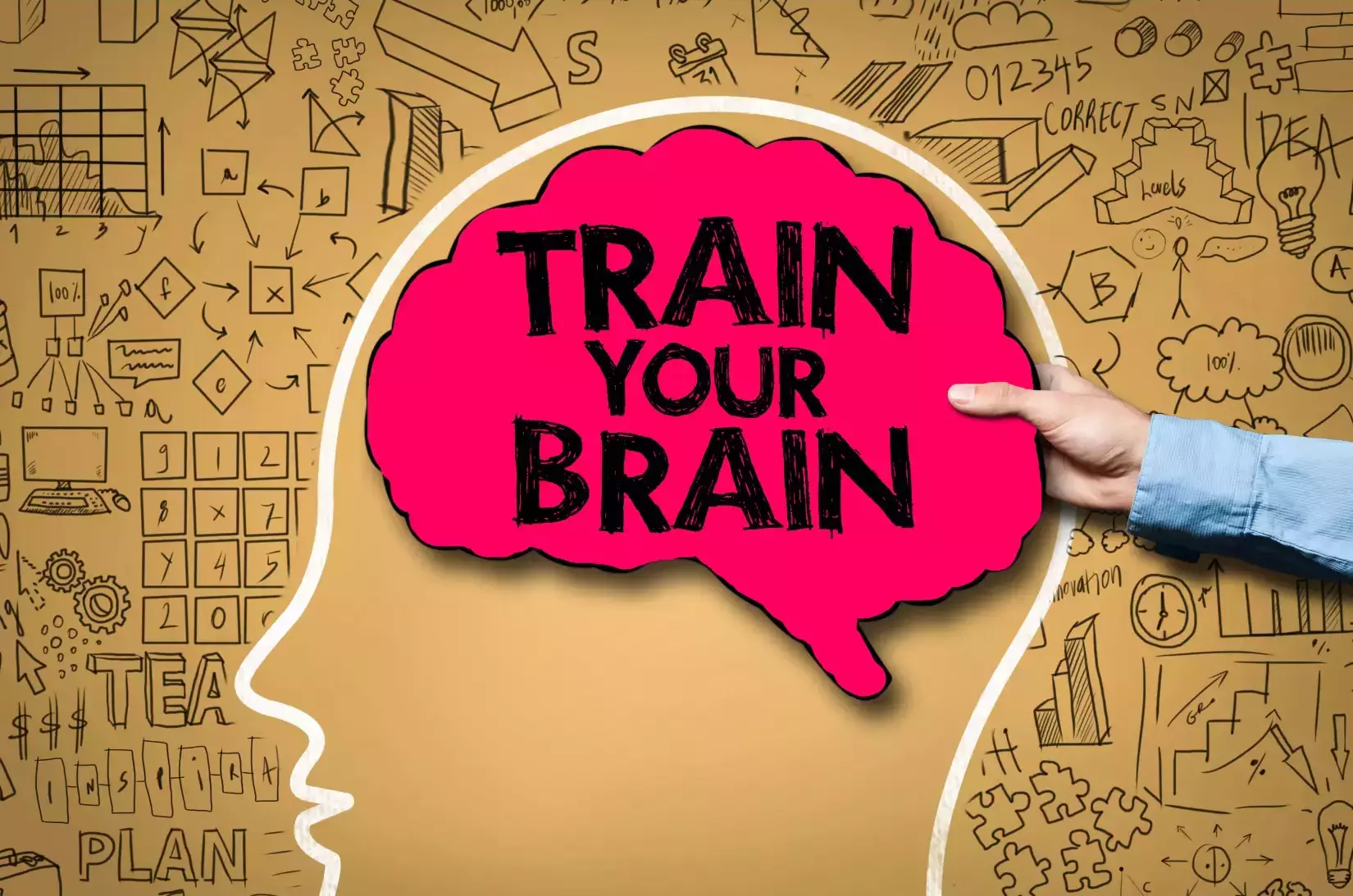
Reading is an amazing human superpower! It opens up new worlds, sparks our imaginations, and helps us learn. But did you know we aren’t wired for reading or writing? The human brain is inherently wired for spoken language and, in the absence of neurological or hearing impairments, children will learn to talk naturally. Reading and writing, on the other hand, are skills we have to learn. To give you a bit of context, people started talking way, way back between 100,000 and 50,000 years ago. But reading and writing are more recent inventions. Writing began about 5,000 years ago in places like Mesopotamia, Egypt, China, and Mesoamerica. In this blog post, we're going to explore the science of reading and unveil the fascinating world of reading science!

The Magical Science of Reading
So, what's the "science of reading" all about? It refers to the extensive research conducted by reading experts, including cognitive scientists, on the process of learning to read. It's taken more than 20 years to put it all together, and it's shown us that some old ways of teaching reading, which were based on tradition and what people noticed, aren't the best. Instead, we're using the science of reading to learn how our brains really work when we read and how we can teach it in a much better way.
"If a child memorized ten words, the child can only read ten words, but if a child learns the sounds of ten letters, the child will be able to read 350 three-sound words, 4,320 four-sound words, and 21,650 five-sound words." - Dr. Martin Kozloff

What's the Deal with Phonological Awareness?
Phonological awareness is the secret language superpower that helps us rock at reading! It’s the ability to recognize and manipulate the sounds of spoken language. Crucially, it’s an essential pre-reading skill that involves understanding the structure and individual components of words, such as syllables and phonemes (the smallest units of sound in a language).
Phonological awareness includes various skills, like rhyming, blending sounds, segmenting sounds, and manipulating sounds within words.
Here are some games you can play to help develop those skills. Remember: Phonological awareness is ONLY sound based; there's no need for writing just yet.
Rhyme Time: Get ready to rhyme like a rockstar! Recognizing and creating rhymes is a key part of phonological awareness. Think "cat" and "hat" or "star" and "car." Feeling the groove yet?
Blend Brigade: Now it's time to put sounds together like a DJ dropping beats. Blending sounds means saying them separately and then pulling them together to form a word. Like "c-a-t" becomes "cat". Can you feel the rhythm?
Segmentation Sensation: Let's break it down! Segmenting sounds means hearing a word and separating it into individual sounds. Like "dog" becomes "d-o-g". Keep those sounds bouncing!
Manipulation Master: Time to mix things up! Manipulating sounds involves adding, deleting, or substituting sounds in words. Turn "sun" into "run" or "top" into "pop" – you're the maestro of sound!
Developing phonological awareness is a crucial step in learning to read, as it helps children grasp the sound-symbol relationships that are fundamental for reading and writing.
"When we build phonological awareness skills, we improve reading ability." - Barbara Foorman
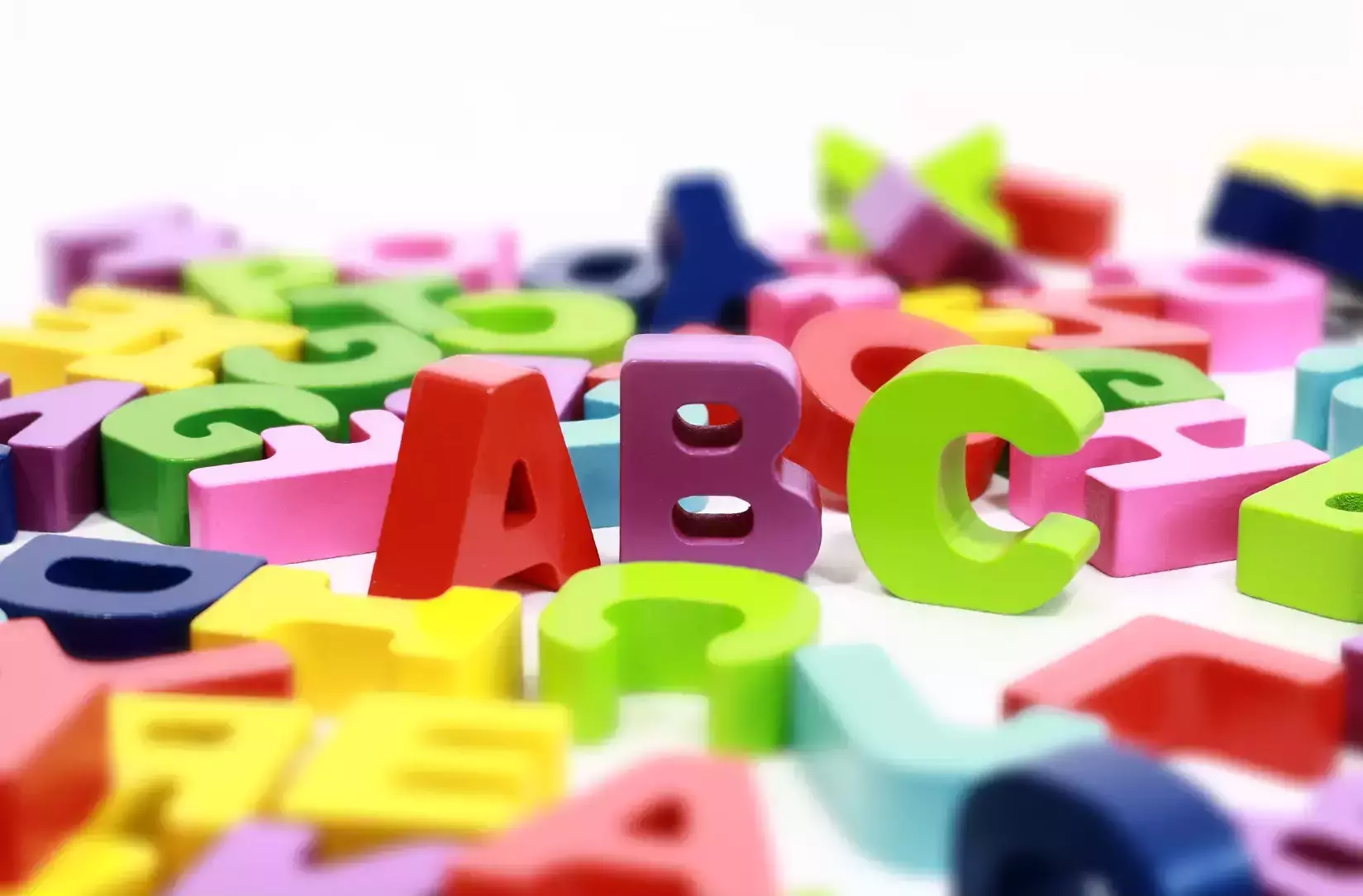
The Alphabetic Adventure Begins!
The alphabetic principle is all about the incredible relationship between sounds and letters. It's like a secret code that allows us to decipher words and unlock the power of reading. It states that there is a consistent relationship between the sounds of spoken language and the letters or symbols used to represent those sounds in written language.
The first step is to practice the letter and letter sound together (note: there are only 23 letters in the alphabet but 44 speech sounds!). Here’s a great video to help with proper sound articulation.
Now that we know the sounds of the alphabet, let's put them to work by playing some alphabet games, like "Letter Match" where you find the letter that matches a specific sound, or "Alphabet Treasure Hunt" where you hunt for objects that start with different letters.
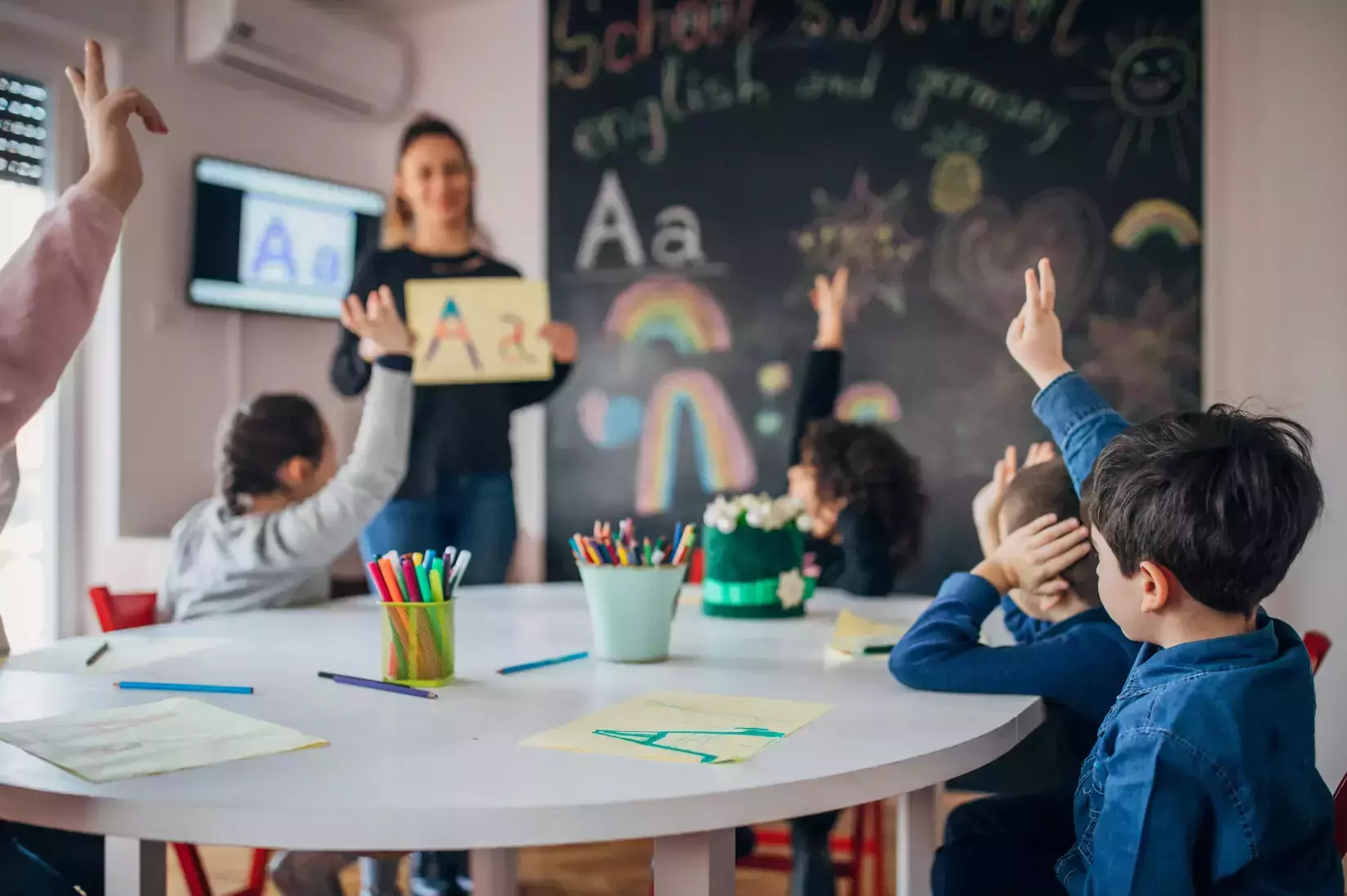
Make it Explicit
Explicit teaching means that students and teachers are crystal clear on what they’re learning. Whatever is being taught is chunked into smaller, digestible parts. So an example of explicit teaching while you’re reading to your kiddo could look like this:
Explicit instruction topic: Recalling information and noticing spelling patterns.
"Today, I am really excited to read this book about _____. I am hoping that you can focus on telling me the names of all the characters and where they live. I also would like to focus on the first letter of each of the character names. Can we name the letter and whether it’s a lower case or upper case letter? For example, the first character we meet is Bob the Bear. Bob is his name and it begins with an uppercase B. Now it’s your turn. Put on your reading detective hat and let’s find all those character names!"
Here the child knows exactly what’s being asked of them. You can stop and clarify if they get confused but they know that the focus is on the character names and how they’re written (capitalization of proper nouns).
Explicit instruction always includes:
Setting a clear, specific goal.
Dividing the information into manageable parts.
Showing how it's done with clear explanations.
Talking through the thought process aloud.
Practicing and apply what you've learned.
Giving feedback.
In conclusion
Reading is so much more than just a simple act of looking at printed symbols on a page. It's a complex process that engages multiple regions of the brain. Reading can help improve everything from language skills to critical thinking. By expanding our knowledge, we become better equipped to solve problems, empathize with others, and make connections in our own lives. Let’s harness the science of reading to help our little learners become better and stronger readers!
--
Karina Batchelor is a proud Latinx mama from Miami, la ciudad magica. She's a longtime educator, writer, and creative who holds multiple degrees in varied areas of study. Her qualifications have seen her excel across the US and the UK in various sectors of the education and theatre industry. You can often find her with a cafecito in hand at the nearest library, her homeschooling cooperative, or at the theatre, where she works as a professional dramaturg.
